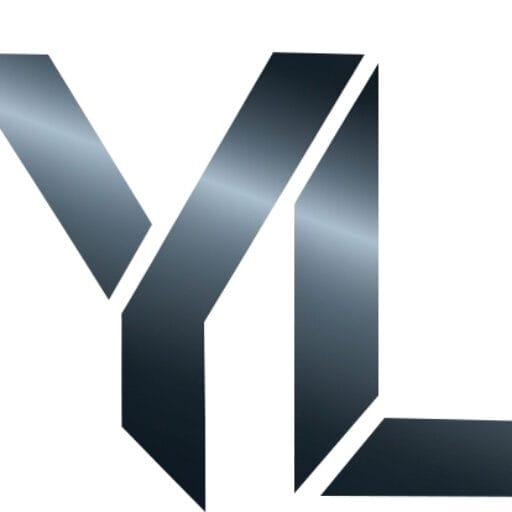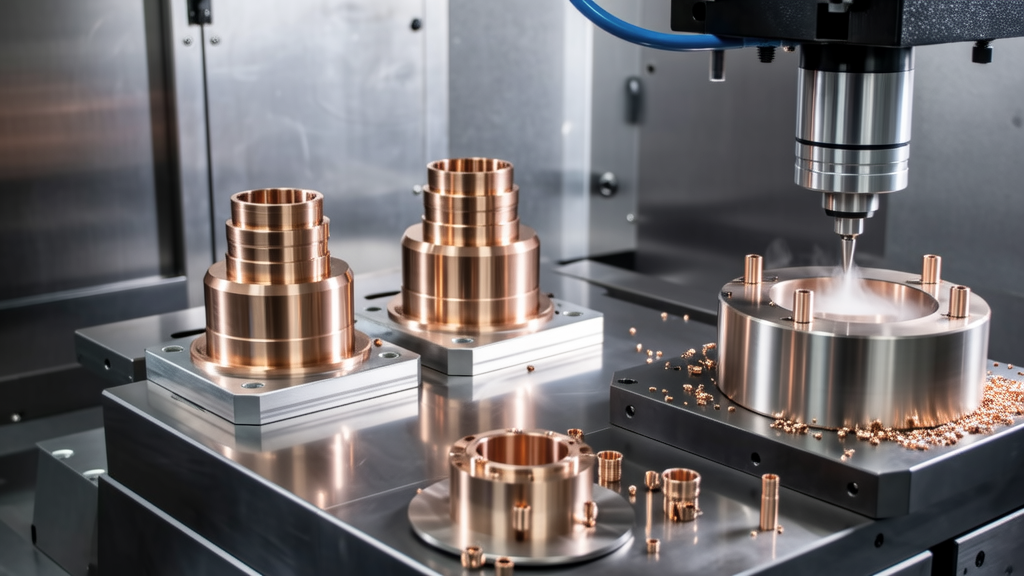Why CNC Machining is Ideal for Rapid Prototyping
First off, have you ever faced a situation where you needed a prototype quickly, and the usual methods just weren’t cutting it? That’s where CNC machining comes in, streamlining your entire prototyping process. At LY Machining, we appreciate how fast-paced the modern manufacturing landscape is, and we’ve seen the difference CNC machining can make firsthand.
CNC, or Computer Numerical Control, is all about precision. This technology allows for high-speed machining processes with incredible accuracy. For instance, I remember working with a customer who needed a prototype for an intricate part. They were worried about the deadline. We turned around the part in just a couple of days, and the accuracy was spot on. That is something you typically don’t get with traditional machining methods.
Benefits of CNC Machining
Many people often ask, “Why should I go with CNC machining over other methods for rapid prototyping?” Here are some key benefits:
The CNC Machining Process
Let’s break this down a bit more. The CNC machining process involves a few distinct steps that translate your digital designs into real-world prototypes.
By understanding this sequence, you can appreciate just how streamlined the CNC process is compared to traditional methods. You will find that it significantly enhances not only the accuracy but also the reliability of your prototypes.
Real-World Applications
The applications for CNC machining in rapid prototyping are extensive. Medical devices, automotive parts, and consumer electronic components are just a few examples where precision is critical. One notable instance I experienced was helping a startup in the medical field. They designed a device that required rapid iterations on the prototype. With our CNC machining, they could test and refine their design within weeks instead of months, allowing them to enter the market ahead of competitors.

Accessing Expertise and Trust
Working with a reputable CNC machining company like LY Machining also means you’re backed by expertise and support throughout the process. Our team possesses a wealth of experience, ensuring your questions are answered and your concerns are addressed in real-time. This kind of service builds trust, which is essential when you’re entrusting your designs with a manufacturer.
If you’re curious about how CNC machining can specifically help your projects, I suggest reaching out for a consultation. You may just discover the edge you’ve been looking for!
If you’re considering adopting CNC technologies for rapid prototyping, feel free to ask about our services or how we can help. It’s worth exploring how this technology can accelerate your prototyping phase while maintaining quality and precision.
What makes CNC machining a preferred choice for rapid prototyping?
CNC machining stands out because it offers rapid turnaround times, often producing prototypes in days rather than weeks. Its ability to maintain high precision ensures that the prototypes are accurate, which saves time and costs in the long run.
Additionally, CNC machining can work with various materials, from metals to plastics, allowing designers to choose the ideal material for their specific needs, which is a game changer for many projects.

How does the CNC machining process work?
The CNC machining process begins with a CAD design, which is then translated into a machine-readable format. The CNC machine precisely cuts or drills the material according to this design.
This stage includes several steps like programming the machine, executing the machining, and then finishing the product. The entire process is automated, allowing for continuous operation that significantly speeds up production.
What are the main benefits of using CNC machining for prototyping?
CNC machining provides multiple benefits, such as high speed, accuracy, and flexibility in material selection. It can reduce lead times dramatically, enabling quicker iterations and faster returns on investment.
The consistency in quality means less material waste and fewer errors, which can be crucial for projects that require precision engineering.
Are there specific industries that benefit more from CNC machining?
Yes, industries like medical devices, automotive, and consumer electronics often rely on CNC machining for prototyping. The high precision required in these fields aligns perfectly with what CNC technologies offer.
For instance, a medical startup might use CNC for rapid prototype testing, which could shorten their time to market significantly.
How can I ensure the CNC machining company I choose is trustworthy?
Look for companies with a proven track record and solid customer testimonials. Checking their portfolio can provide insights into their expertise and the quality of their work.
It’s also helpful to see if they provide support throughout the process, as this level of communication builds trust and ensures your project runs smoothly.



